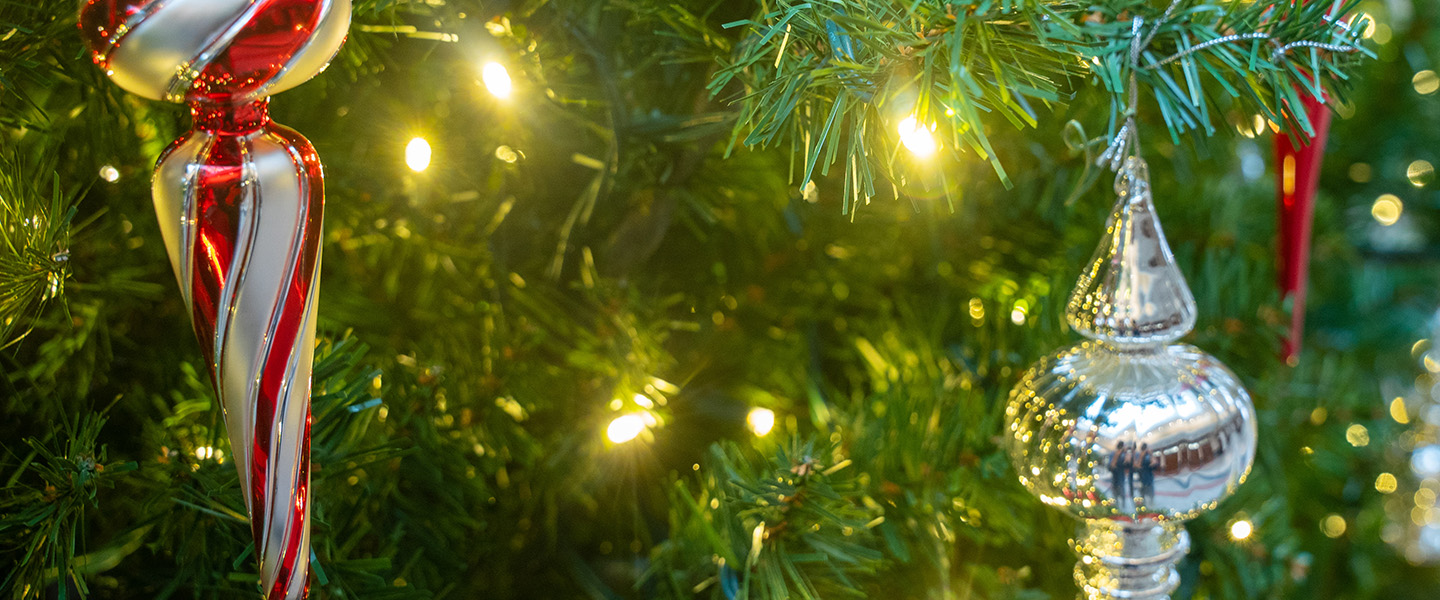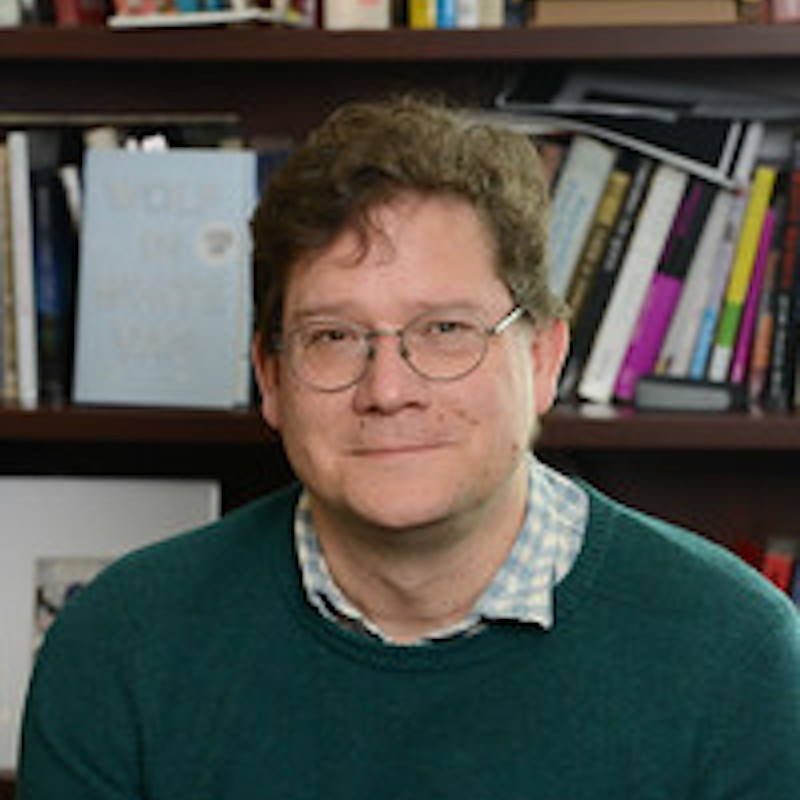Suggested Readings: Psalm 85:1-2, 8-13; Jeremiah 1:4-10; Acts 11:19-26
Trying to get the Bible right is a very big deal. When we speak of it as the Word of God, we do well to remember that it is also the composition notebook of a centuries-long caravan of asylum seekers. In a time like Advent, we might be prone to skip straight to the baby Jesus and . . . whatever else we might find comforting. If we do that, we risk losing a sufficient sense of our own context as well as that of the people whose experience of God yields the Bible itself. We need to take it slow.
“God’s salvation is at hand,” the psalmist assures us, and we are invited to align our nervous systems with the incoming present in which “Righteousness and peace will kiss each other.” This means contemplating and embracing the call to lovingly and creatively confront the otherwise normalized denial and degradation fearsomely a-foot in our lives and the lives of those around us. As prophets to the nations, we, like Jeremiah, are charged with nonviolently undermining the strategies of abusers while busily seeding that which serves and heals the human form. Can you feel it? Does it hit home?
This charge marks and defines the peculiar people we find in the Acts of the Apostles, a lively movement of God’s spirit engaged in a revolution of intimacy and neighborliness. In their presence, words like “power” and “property” and “family” come alive as they’re measured by kindness and conviviality.
We’re also told that a new word, “Christian,” arose among outsiders trying to name this new way to be human. To be clear, “Christian” wasn’t a self-description or a boast or, in any sense, a marketing term. It was instead a public verdict concerning demonstrably odd—radically odd—behavior. It named a social innovation in the ancient world, a diverse community of individuals casting aside titles, dividing identifiers, and social status to live as an embodied witness to God’s healing of our sweet old world.
What would it mean to enter—and be—that kind of witness in the days to come? What might it mean to become Christian?
David Dark


